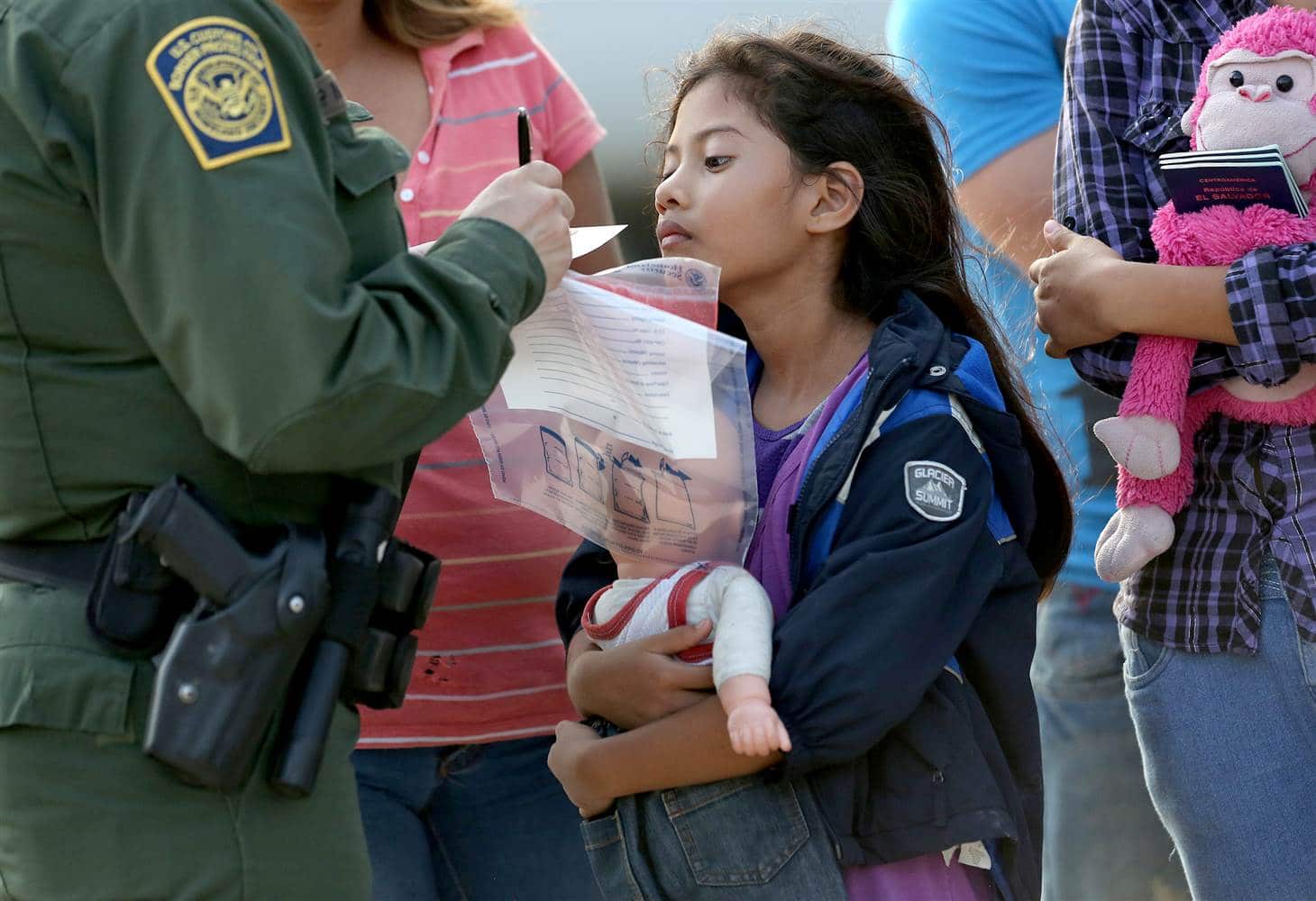The United States Congress included $750 million for the Northern Triangle countries in its annual budget. The amount is below what the White House requested as part of an effort to address an immigration crisis that has since abated, but remains higher than expected.
The “Consolidated Appropriations Act 2016” (pdf) has money for development assistance, economic programs, military financing and training, and global health and security programs for the whole region, but it is mostly focused on the Northern Triangle countries of El Salvador, Honduras and Guatemala, which saw a massive uptick in migration of unaccompanied minors in recent years. The bill was approved on December 18, 2015, by the House of Representatives with 316 votes to 113, and by the Senate with 65 votes to 33.
Among the few details given about where the aid would would go (pdf) was a line item for $4 million for forensic technology, $7.5 million for the Commission Against Impunity in Guatemala (Comision Internacional Contra la Impunidad en Guatemala – CICIG), and $3 million for Guatemala’s police sexual assault units. (See chart below)
Reactions to the proposed spending in the region were generally positive from the Democrat side.
“The Obama Administration and Congress are ushering in a new era in US-Central America relations with this investment,” Representative Eliot L. Engel, a Democrat and Ranking Member of the House Committee on Foreign Affairs, said in a statement.
Few Republicans reacted directly to the Central America part of the budget proposal, but its base complained that the Obama administration had won a victory by getting congress to support so-called “pull factors” for the migrants, such as amnesties and resettlement programs.
SEE ALSO: Coverage of Security Policy
There are numerous conditions and prerequisites placed on the aid package, and congress requires that the administrators of this money — the State Department and the United States Agency for International Development (USAID) — report to it by September 30, 2016, regarding whether or not the recipients are complying with these requirements.
Specifically, the bill says that congress can withhold up to 75 percent of the funding to the Northern Triangle countries “unless the Secretary of State certifies and reports that such government is taking effective steps to meet certain requirements.”


InSight Crime Analysis
The first thing that stands out in this aid package is the amount of money in the pipeline. The $750 million package — while not what the White House requested — is as much as the US gave the entire region via what’s known as the Central America Regional Security Initiative (CARSI) between 2008 and 2014 (see the Congressional Research Service report about spending here – pdf).
Secondly, the bill comes at a time when the US seems distracted by terrorism in the Middle East and at home, and came from what was, at least, a very divided congress. To be sure, the migrant crisis that precipitated discussion of this aid has abated, although it still remains a major concern. Yet, congress took clear steps to address the ongoing violence, impunity and elite transgressions in the region.
SEE ALSO: Coverage of US/Mexico Border
Third, the conditionality attached to the spending is strict and, while necessary, it may be subject to the political whims of the day and thus endanger overall funding. For example, up to 75 percent of the aid is conditional on Northern Triangle countries showing they are “taking effective steps” to address various border and migration, as well as corruption, human rights, and tax collection issues. However, what is “effective” to one congressman may not be to another.
Fourth, congress has identified at least one key component for change: forensic evidence. Such evidence is what has unseated a corrupt president and vice president in Guatemala and is upsetting the balance of power in Honduras. Both the $4 million line item for forensic technology and the aid for CICIG — which is leading the efforts to prosecute the former Guatemalan officials — are part of this effort; the bill also subtly inserts language requiring similar judicial bodies in both Honduras and El Salvador to “have investigatory and prosecutorial independence and authorities comparable to CICIG.”
Fifth, congress is really hoping that it does not have to go at it alone. The Inter American Development Bank helped develop a plan in 2014 to address rising violence in Central America, and the US is clearly hoping it will contribute financially with both loans and aid.
The money from congress may also be contingent on Central American governments contributing more than they have in the past.
“It is important to set conditions, because these funds cannot be a blank check,” Guatemala-born US Congresswoman Norma J. Torres stated in a press release. “Congress […] will be monitoring the situation closely to ensure that there is real progress.”

